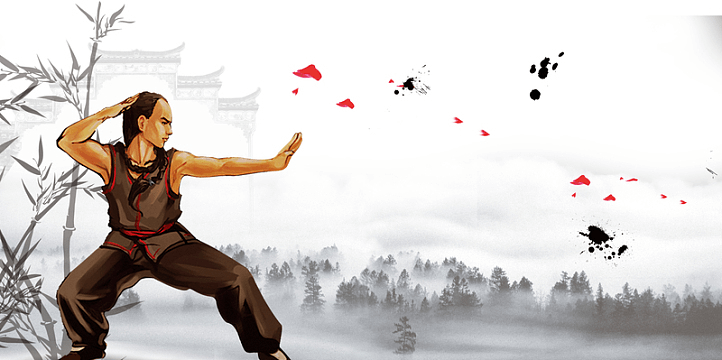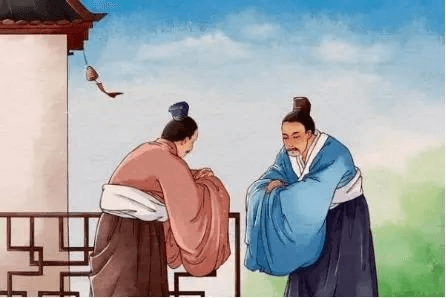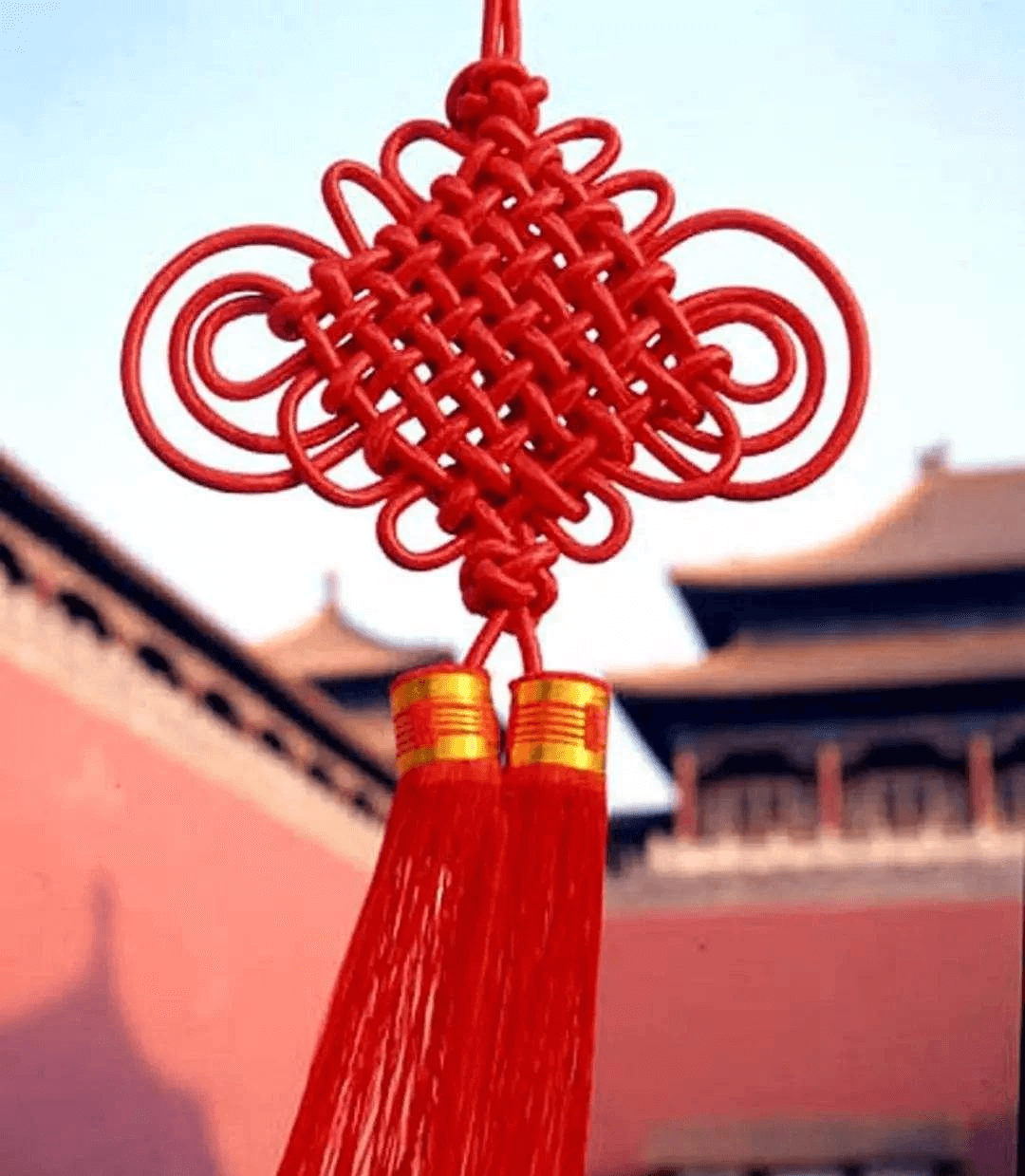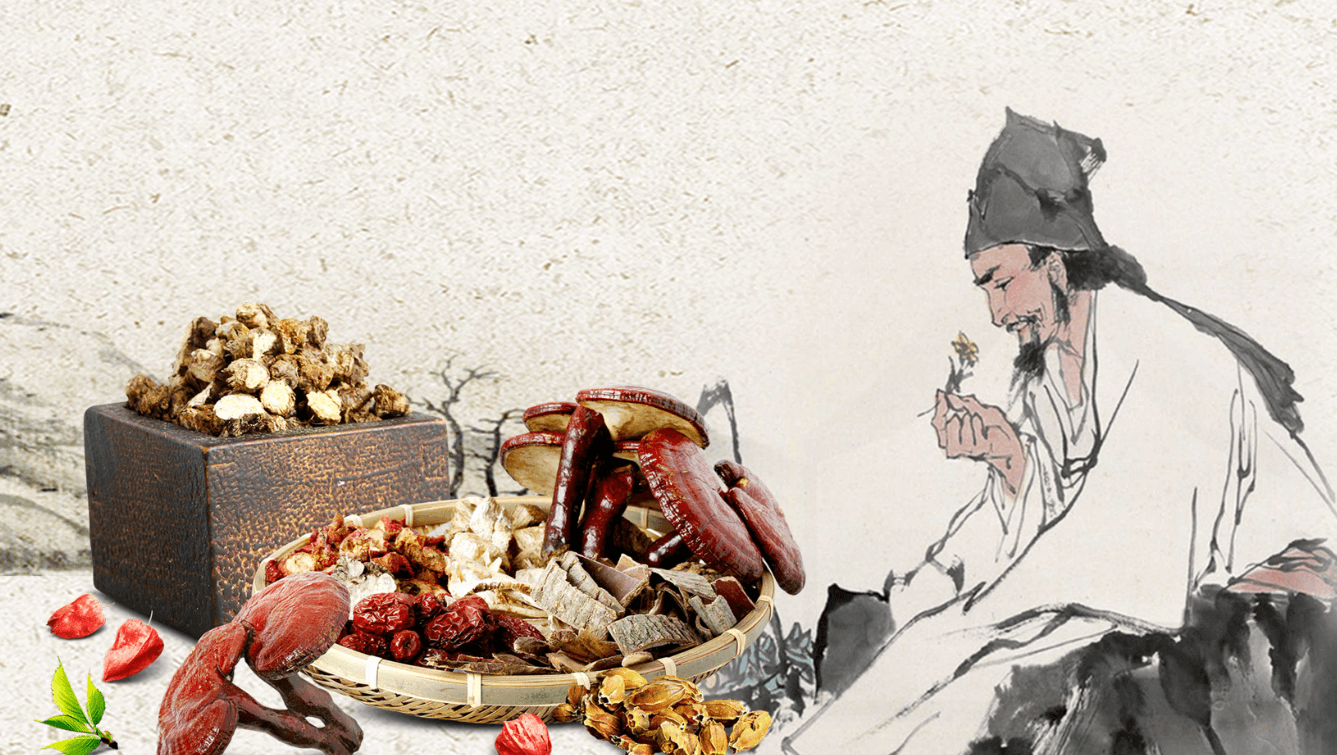1. What Is Culture & TCM Culture?
Culture refers to the shared way of life—clothing, language, food, traditions, and values—that defines a society.
TCM Culture is a branch of Chinese heritage, blending Confucianism, Daoism, and Buddhism with medical wisdom. For thousands of years, it has shaped a unique healing philosophy that balances body, mind, and nature.
2. The Origins of TCM Philosophy
TCM is rooted in "天人合一" (Harmony Between Heaven and Human)—the belief that health depends on aligning with natural rhythms. Key principles include:
-
Five Elements Theory (Wu Xing) – How wood, fire, earth, metal, and water influence health.
-
Qi (Vital Energy) – The life force flowing through meridians.
-
Yin-Yang Balance – Opposing yet complementary forces in the body.
TCM shares deep connections with Daoist harmony and Confucian ethics, emphasizing moral integrity in healing.
3. The Best Doctor Prevents Disease
In TCM, the highest-level physician ("上医") doesn’t just treat illness—they prevent it by:
-
Strengthening Zheng Qi (正气, Vital Immunity) through lifestyle.
-
Cultivating emotional balance (reducing stress, anger, and negativity).
-
Focusing on root causes, not just symptoms.
Key Wisdom: "Disease comes from inner imbalance—true healing starts with self-awareness."
4. Healing the Mind with Culture
TCM isn’t just medicine—it’s a way of life. By embracing traditional values (moderation, compassion, and mindfulness), we can:
-
Reduce stress, anxiety, and chronic illness.
-
Counteract modern society’s materialism and emotional toxicity.
-
Restore physical and spiritual well-being.
5. Aligning with Nature’s Wisdom
TCM follows Heaven’s Dao (天道)—living selflessly, simply, and in sync with nature. Practical tips:
-
Sleep with the sun (early to bed, early to rise).
-
Eat seasonal foods (warming in winter, cooling in summer).
-
Practice Qigong/Meditation to harmonize Qi.
Final Thought: "TCM is more than medicine—it’s a timeless guide to living wisely and well."



